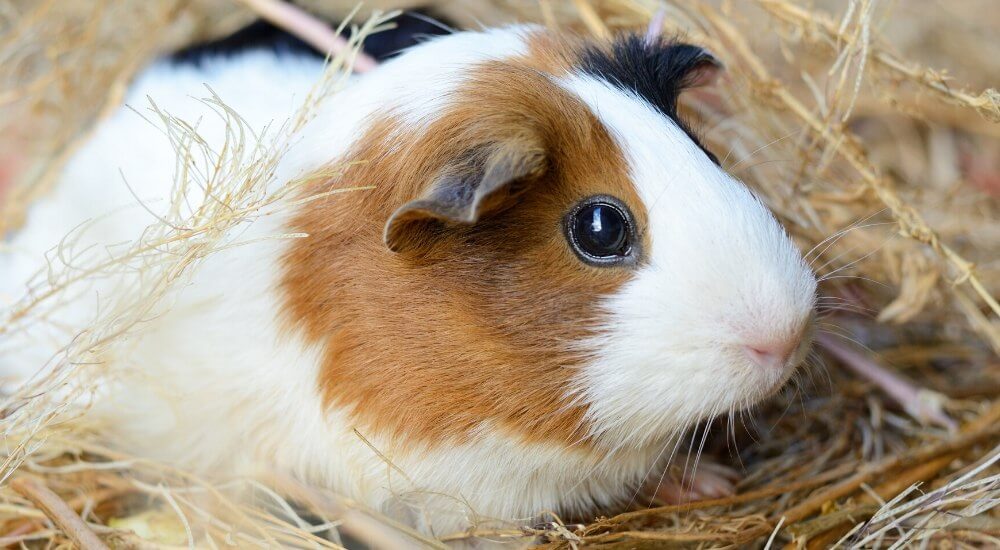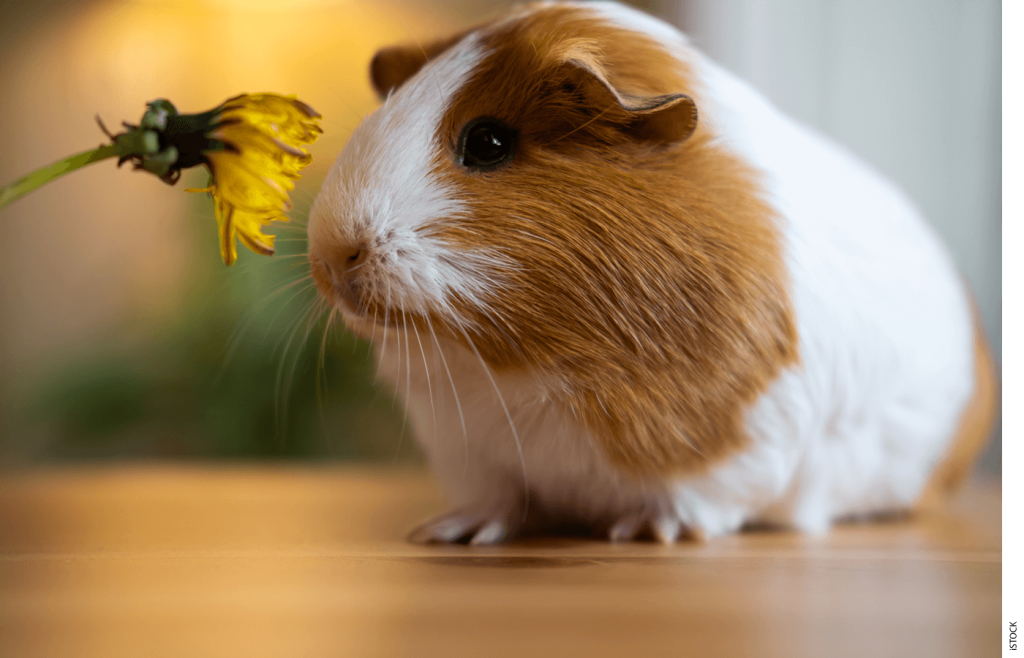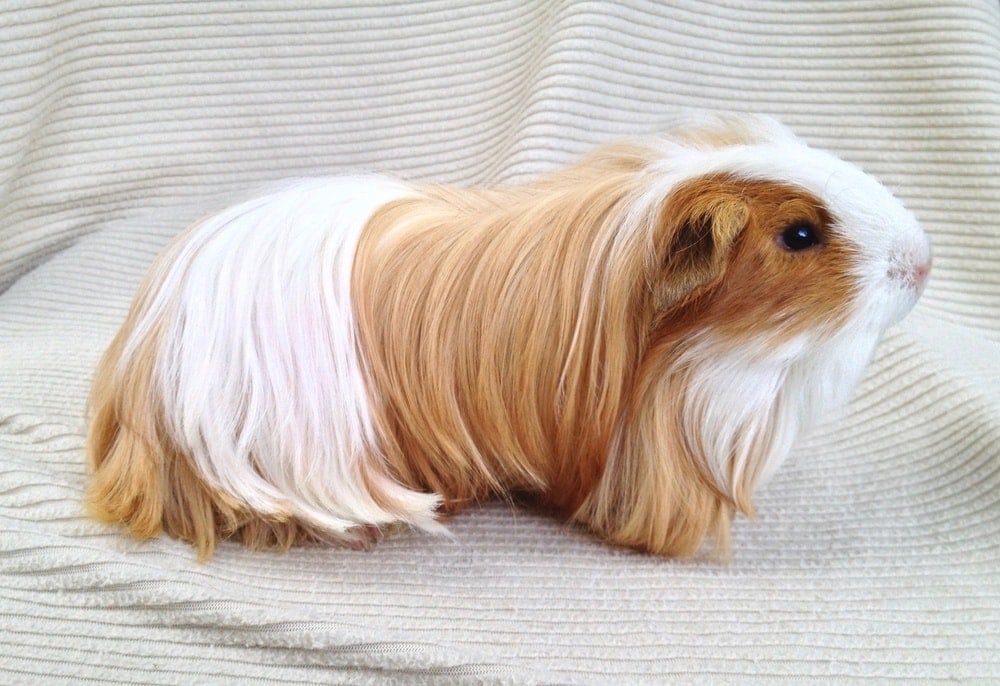Guinea pigs are popular pets for many reasons. They are cute, cuddly, and make great companions. They are also relatively low-maintenance and easy to care for, making them an ideal choice for families with children or first-time pet owners. In this article, we will discuss all aspects of keeping guinea pigs as pets, including their behavior, housing, diet, and health.

Behavior
Guinea pigs are social animals and are happiest when kept in pairs or small groups. They are generally docile and friendly, making them great pets for children. Guinea pigs are active during the day and enjoy exploring their surroundings, so it is essential to provide them with plenty of space and enrichment opportunities. They also have a variety of vocalizations, including chirping, whistling, and purring, which they use to communicate with their owners and each other.
Housing
Guinea pigs require adequate housing to stay healthy and happy. A cage should be large enough to allow your guinea pig to move around freely, stand on its hind legs, and stretch out. The recommended size for two guinea pigs is at least 120cm x 60cm. Avoid using cages with a wire floor, as this can cause injury to your guinea pig’s feet. Instead, use a solid floor with bedding that is absorbent and easy to clean, such as wood shavings or paper-based products. It is also essential to provide your guinea pig with hiding places, such as tunnels or igloos, where they can retreat when they feel stressed or scared.
Diet
A healthy diet is essential for guinea pigs, as they are herbivores and require a diet rich in fiber and vitamin C. The foundation of their diet should be high-quality hay, such as Timothy, orchard, or meadow hay. Hay provides essential fiber for digestive health and helps wear down their teeth, which continually grow throughout their lives. Guinea pigs also require fresh vegetables daily, such as kale, spinach, broccoli, and bell peppers, which are high in vitamin C. It is essential to avoid feeding guinea pigs foods that are high in sugar or fat, such as fruit, sweets, or processed foods, as these can cause health problems.

Health
Guinea pigs are generally healthy animals, but they can be prone to certain health problems. One of the most common health issues in guinea pigs is dental problems, such as overgrown teeth or malocclusion, which occurs when the teeth do not wear down correctly. To prevent dental problems, provide your guinea pig with plenty of hay and chew toys. Other common health issues in guinea pigs include respiratory infections, skin problems, and urinary tract infections. It is essential to keep your guinea pig’s cage clean and provide them with regular veterinary check-ups to prevent and address any health problems.
Handling and Care
Guinea pigs require daily care and attention to stay healthy and happy. It is essential to provide them with fresh food and water daily, clean their cage regularly, and spend time with them to prevent boredom and stimulate socialization. When handling your guinea pig, use both hands and support their entire body. Avoid holding them by their feet, tail, or fur, as this can cause injury and discomfort.

In conclusion, guinea pigs make great pets for families with children or first-time pet owners. They are social, friendly, and easy to care for, with a relatively low-maintenance diet and housing needs. It is essential to provide them with adequate housing, a healthy diet, and daily care and attention to prevent health problems and ensure their happiness and well-being. With proper care, your guinea pig will be a beloved companion for many years to come.